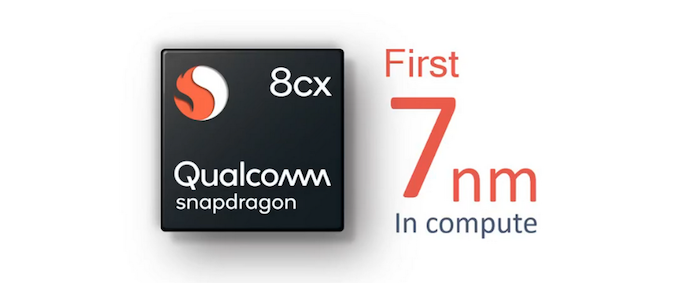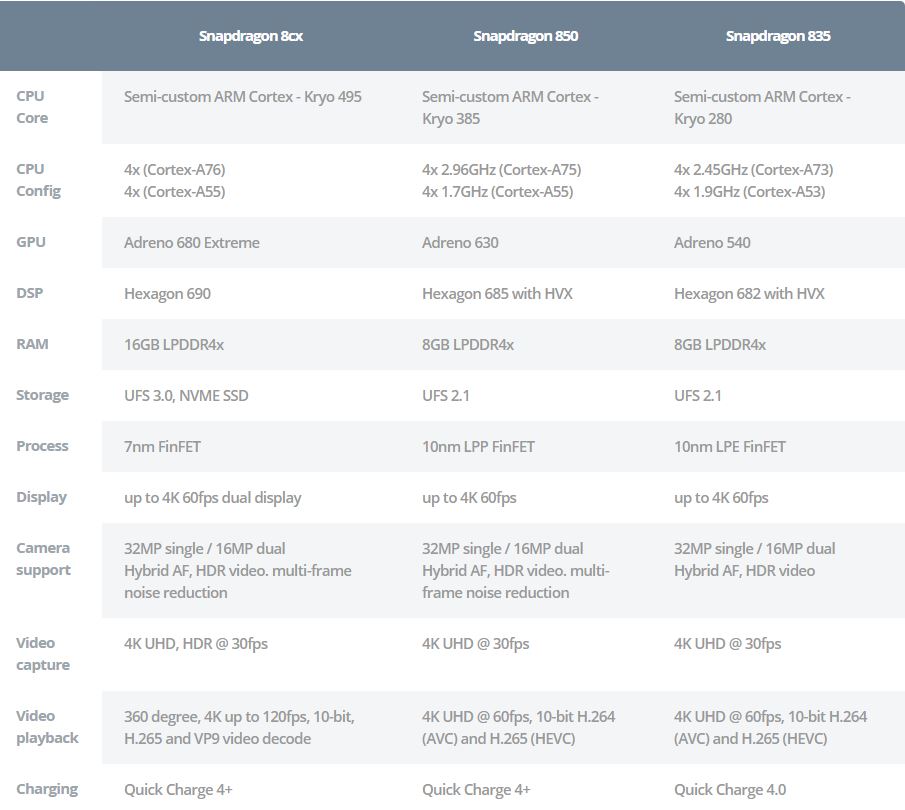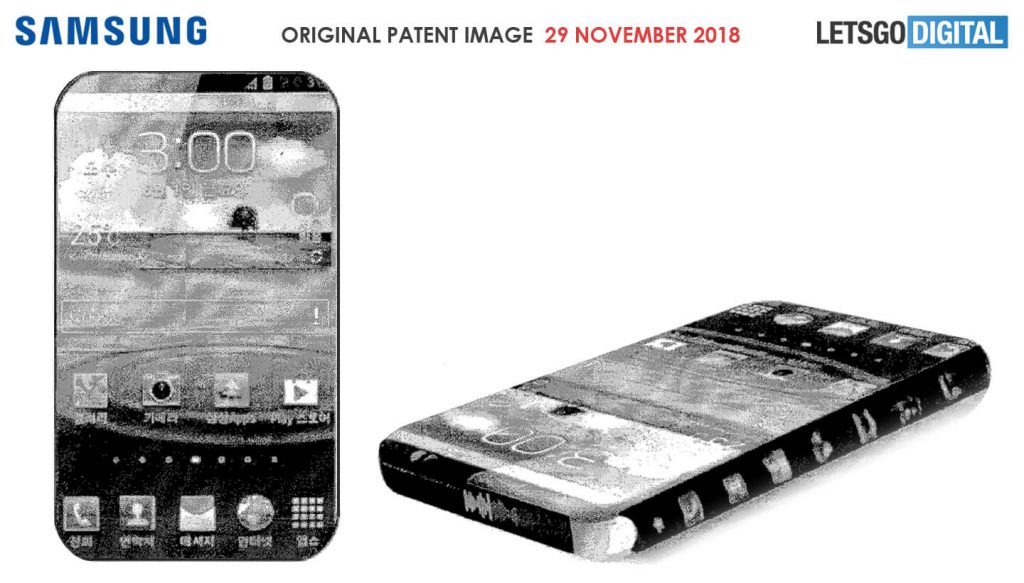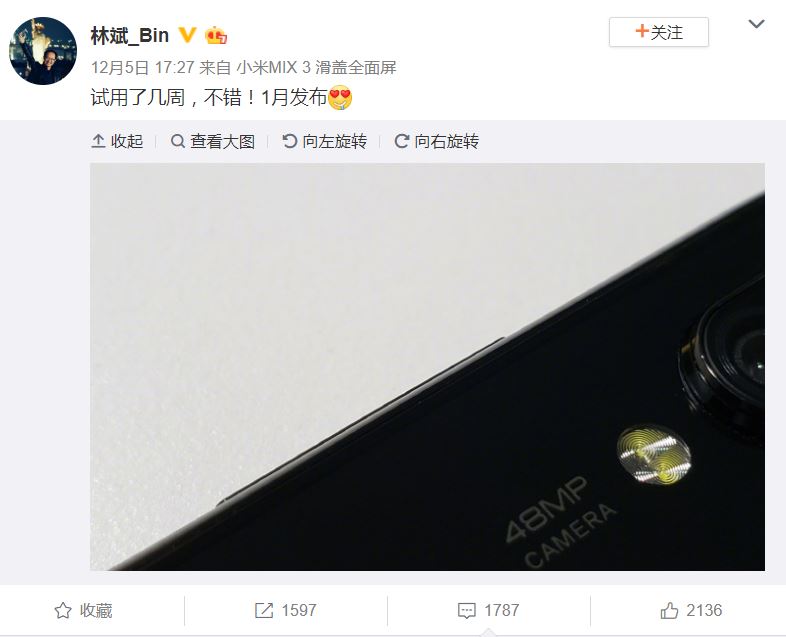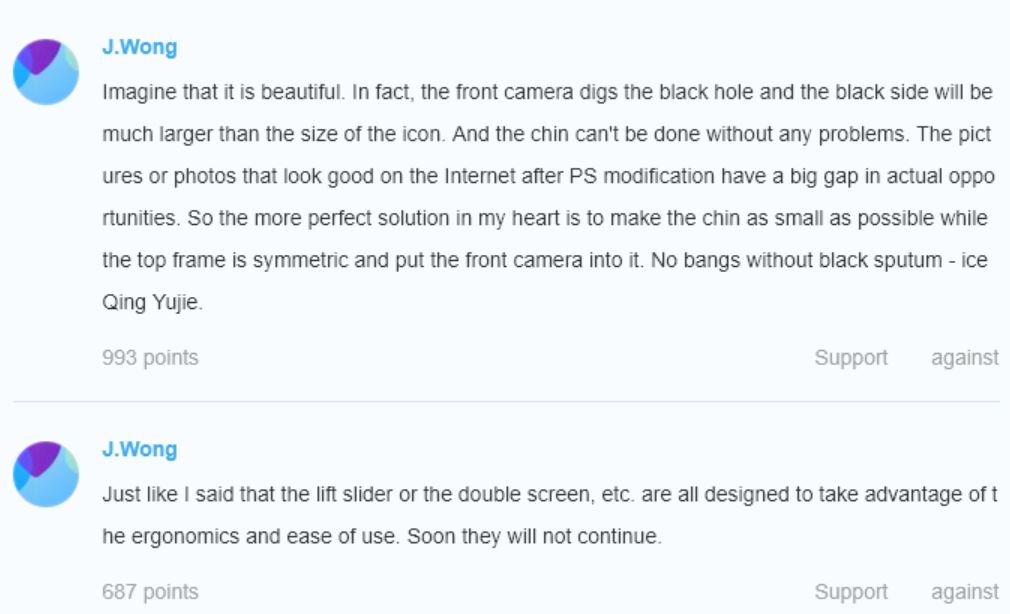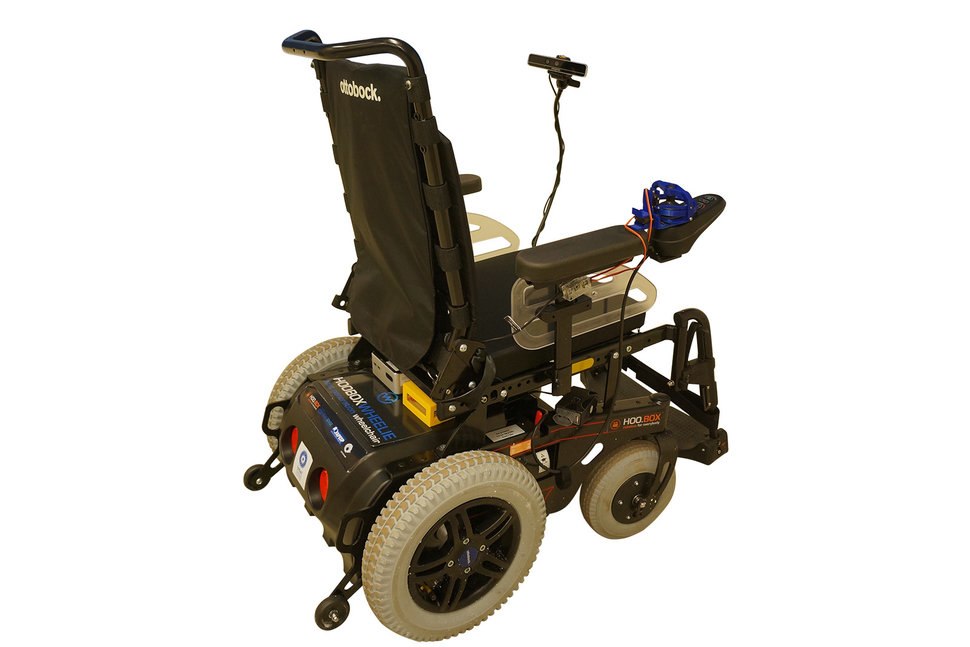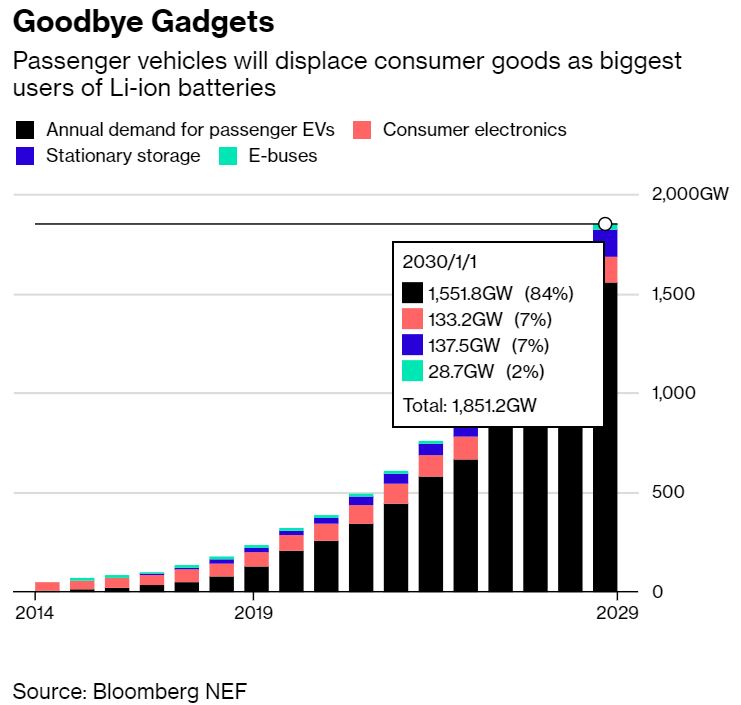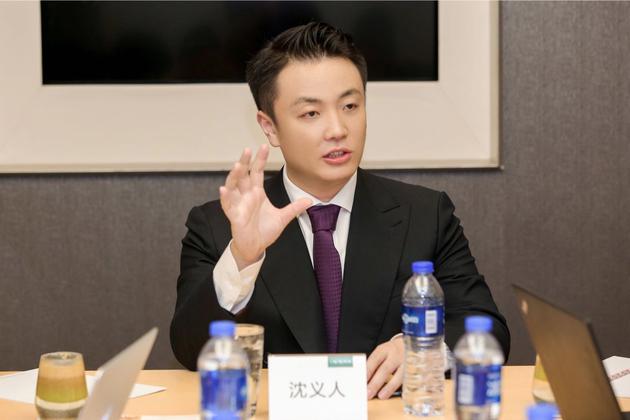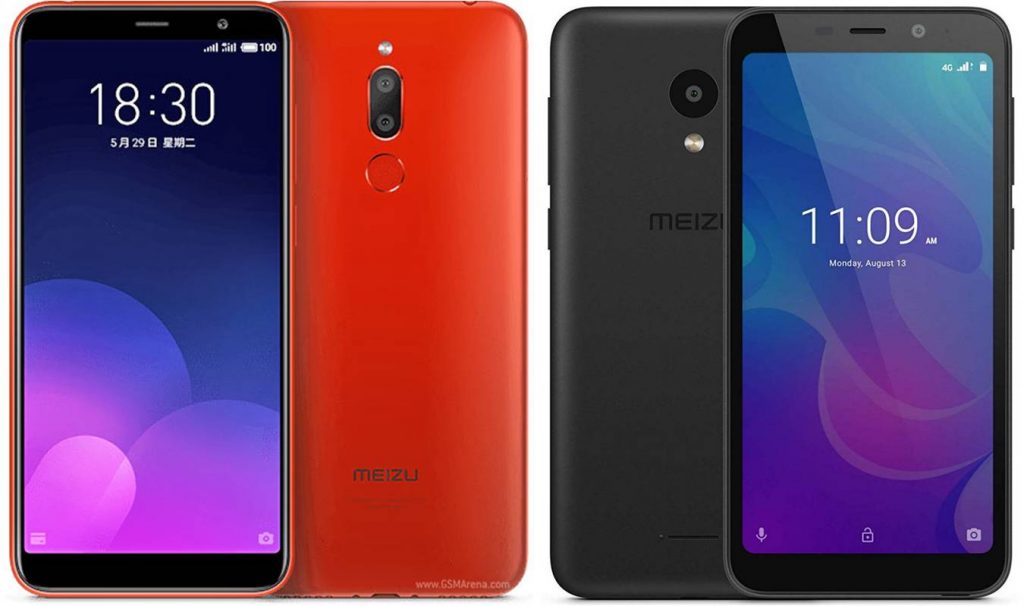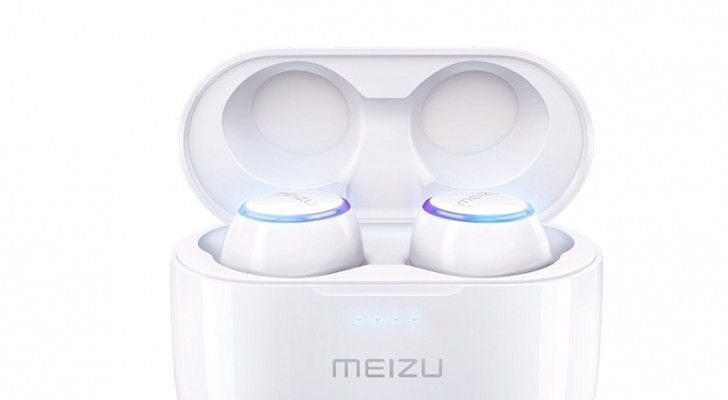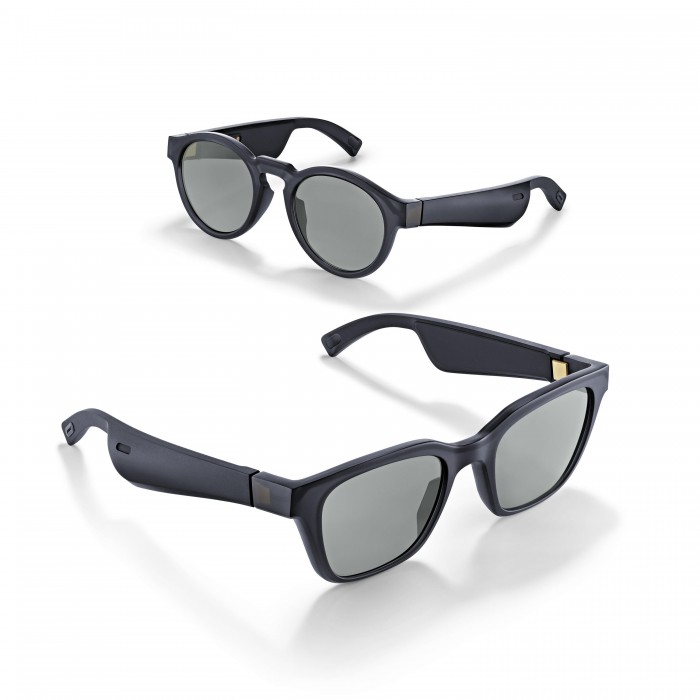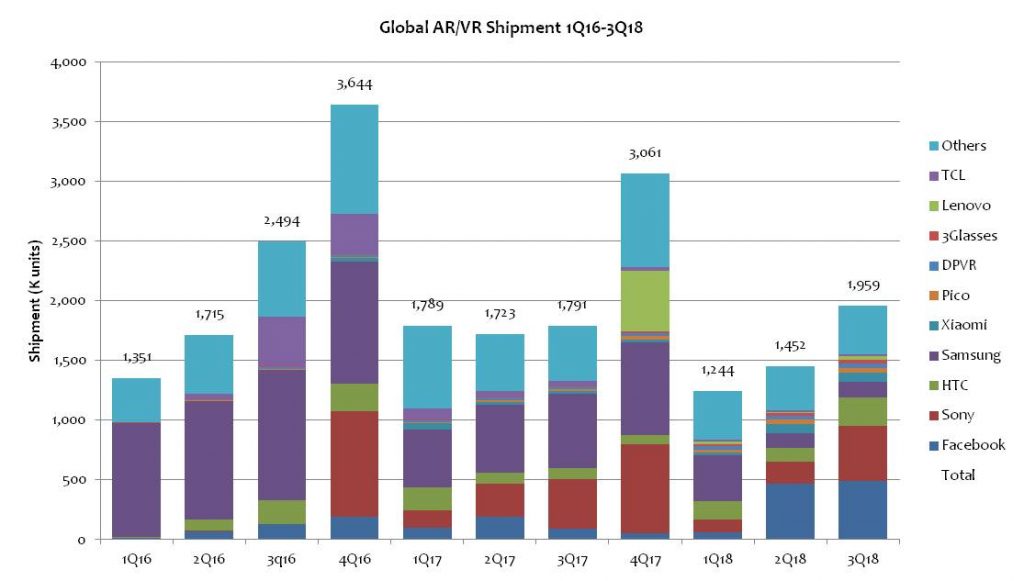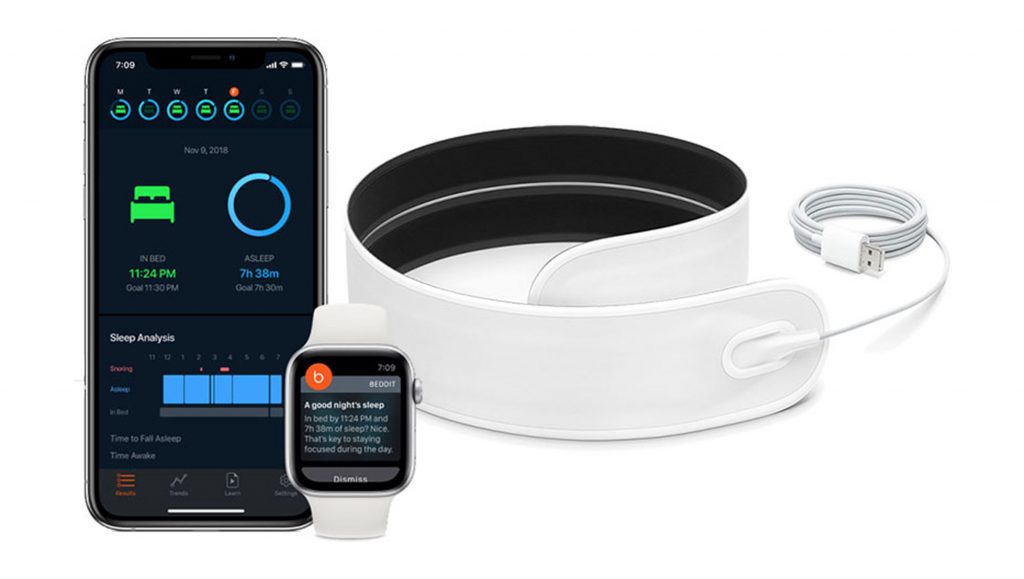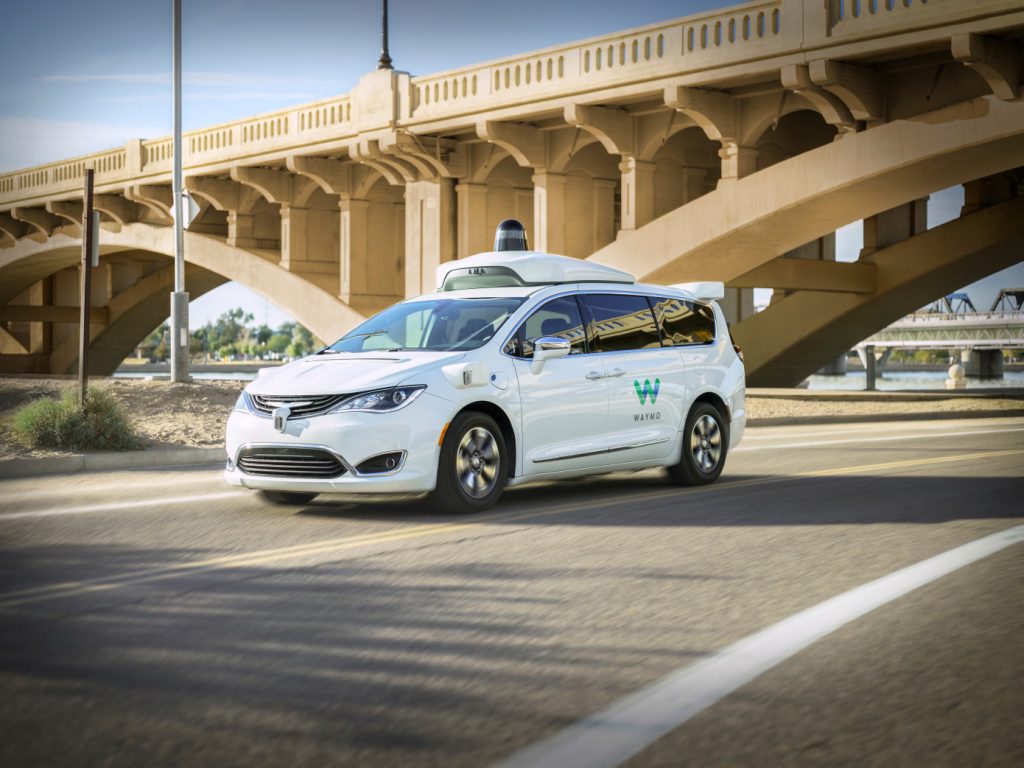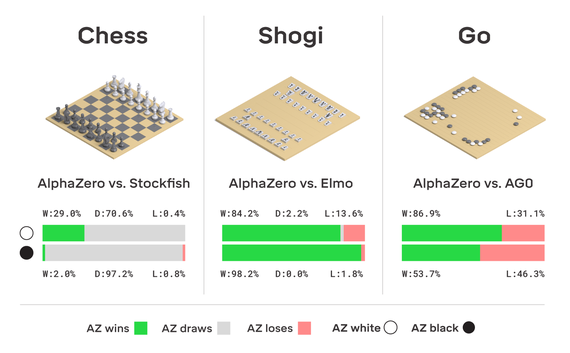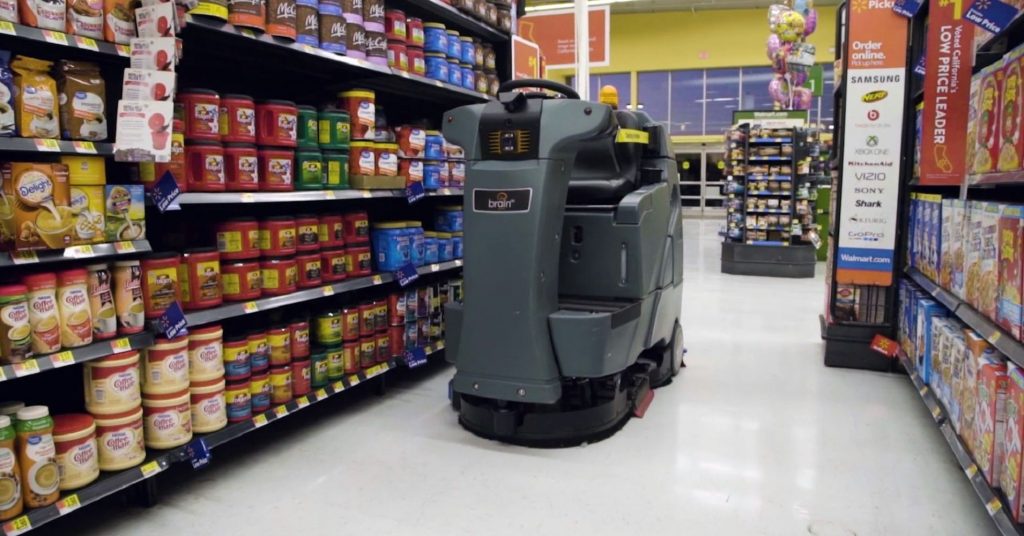
12-08: Qualcomm has unveiled its latest product Snapdragon 8cx for the laptop market; Samsung will allegedly incorporate 3D sensors into its mid-range Galaxy A handsets; etc.
Chipsets
Qualcomm has unveiled its latest product Snapdragon 8cx for the laptop market. The new platform include enhanced AI and machine learning capabilities, beefed up graphics performance, and even faster integrated LTE support, with the option to support 5G too. (Android Authority, AnandTech, IT Home, Engadget CN, My Driver)
Intel plans to invest USD1B in a bid to increase the number of chips made using its 14nm process technology. Apparently, Intel did not stop there and is now further amplifying its CapEx by USD500M for 2018. Intel has originally planned to invest USD14B on CapEx (i.e., production equipment, building new facilities, and similar expenses) before 2019, and then early on added an extra USD1B which was reaffirmed mid 2018. (AnandTech, Seeking Alpha, My Drivers)
Touch Display
Samsung has patented an idea for a truly bezel-less smartphone design. It seems that Samsung has envisioned a smartphone where the displays curve around the sides of the smartphone, which technically removes the side bezels in the process. The top and bottom of the phone are also completely bezel-less, giving the illusion that the phone in question is all-display, and nothing else. (Ubergizmo, LetsGoDigital, CN Beta, Sina)
Camera
Samsung will allegedly incorporate 3D sensors into its mid-range Galaxy A handsets. (Android Headlines, ET News)
Qualcomm is reportedly working with the Austria-based sensor manufacturer AMS to incorporate support for structured light 3D-imaging systems to the Snapdragon 855 SoC. The 2 companies aim to develop a hardware solution that combines the algorithms required by AMS’ 3D sensor technologies, which include laser arrays, projection optics, and diffractive optics, with Snapdragon 855. (Android Headlines, ET News, China News, Elecfans)
Xiaomi’s president, Lin Bin, has revealed that the company is set to release a new smartphone with a 48MP camera. (Weibo, Gizmo China, GizChina, CN Beta)
Meizu’s president Jack Wong has been a strong critique of the different display designs OEMs have severally adopted to help trim off the bezels on top of their phone’s display. He indicates that the pop-up / slider or dual-display design are against ergonomic simplistic idea, which will not be continued soon in the future. In regards to in-display camera (or hole-in display), he says current display transparency is till hard to meet the requirements of camera. (CN Beta, IT Home, Sina, Gizmo China)
Biometrics
Designed and created by HOOBOX Robotics, the Wheelie 7 kit uses Intel AI technologies to recognize facial expressions and turn them into motion commands – moving the wheelchair forwards, backwards and to turn it left or right. A 3D Intel RealSense Depth Camera SR300 is housed on the wheelchair to read facial expressions in real-time. (Pocket-Lint, Hoobox, Silicon Review, OfWeek, Admin5)
Apple reportedly will adopt in-display fingerprint sensor for its new iPad in 2019. O-film is competing with General Interface Solution (GIS) as well as TPK Holding for touch module orders from Apple for its iPad lineup. (Ubergizmo, Patently Apple, IB Times, Digital-Overload, Forbes, NBD)
Battery
BYD, the electric-car maker backed by Warren Buffett, plans to list its battery business by 2022 to raise funds to expand as the global auto industry transitions away from the traditional combustion engine. According to the chairman Wang Chuanfu, the listing will occur sometime by the end of 2022 and the company has not decided yet where the shares will be trading. (CN Beta, Reuters, Bloomberg)
Connectivity
Ericsson has confirmed that a fault with its software was the source of the massive network outage, which took millions of smartphones offline across the UK and Japan and created issues in almost a dozen countries. (The Verge, Ericsson, Engadget CN, Caijing)
Phone
Foxconn, the world’s biggest electronics contract manufacturer and a key Apple supplier, is considering setting up a factory in Vietnam to mitigate any impact of an ongoing trade war between the United States and China. (Apple Insider, Reuters, CN Beta)
OnePlus CEO Pete Lau says that his company is working on both the new 5G phone and existing 4G phones in parallel, and that he expects his 5G phone will likely cost USD200~USD300 more. (The Verge, CN Beta)
HMD Global has established a good position in the mid-range segment, however, it still needs to debut a proper flagship device with the same appeal of the competition. HMD Global expects Nokia flagships to play an increasingly important role in the coming years, but more specifically in 2020 and 2021. HMD Global has already sold 70M phones in 2 years since its re-debut in the year 2017. (GizChina, Android Authority, Gizmo China, Phone Arena, PC Pop, IT Home)
Apple has acquired Platoon, the London-based creative services firm founded in 2016 by music industry veteran Denzyl Feigelson and LoveFilm co-founder, Saul Klein. (Music Business Worldwide, Apple Insider, CN Beta)
OPPO SVP and China business president, Yiren Shen, indicates that in 2019, OPPO is confident to be the first batch and to become the first manufacturer to launch 5G commercial mobile phones. In 2019, OPPO will invest CNY10B for the development of 5G and AI. For the price of 5G mobile phones, he believes that “it will definitely not be particularly cheap”. The reason is that chips and other related technologies are in the early stage. (CN Beta, Sina)
IBM has announced that it is selling the final components from its 1995 acquisition of Lotus to Indian firm HCL Technologies for USD1.8B. HCL is buying 7 products, including Connections that enables streaming from social networks, document authorization, reporting expenses and reviewing emails. The planned purchase — the biggest by an Indian software maker — has had some investors questioning the price tag in relation to the assets’ return potential. (CN Beta, TechCrunch, Bloomberg, The Register)
Nokia 8.1 is announced – 6.16” 2246×1080 FHD+ PureDisplay supporting HDR10, Qualcomm Snapdragon 710, rear dual 12MP-13MP + front 20MP, 4+64GB, Android 9.0, 3500mAh, EUR399. (Android Authority, Android Central)
Meizu M6T and C6 are launched in India: M6T – 5.7” 1440×720 HD+ IPS, MediaTek MT6750, rear dual 13MP-2MP + front 8MP, 3+32GB, Android 8.1, rear fingerprint scanner, 3300mAh, INR7,999 (USD113). C6 – 5.45” 1440×720 HD+ IPS, UNISOC SC9832E, rear 13MP + front 8MP, 2+16GB, Android 8.1, no fingerprint scanner, 3000mAh, INR5,999 (USD85). (Android Authority, GizChina)
Wearables
According to TF Securities analyst Ming-Chi Kuo, Google and Amazon are expected to become Apple’s main competitors for its AirPods in the emerging market. The combined shipments of 2 brands will likely reach 10M~20M units in 2H19. Goertek (assembly) and Unitech (Rigid-flex PCB) are sole suppliers for Google and Amazon. (Android Authority, Digital Trends, Mac Rumors, China Times, UDN, Sina, Sohu)
Meizu POP truly wireless earbuds are launched. Weighing just 5.8g, they have touch controls and a case supporting wireless charging. The earbuds feature graphene diaphragm, so the frequency response is even more accurate in the highs and the lows. (GSM Arena, Meizu, PC Pop)
Augmented / Virtual Reality
Bose has officially announced a consumer release of Frames, its augmented reality (AR) sunglasses that use sound instead of sight to relay information. Bose plans to ship two models of the sunglasses — one with round frames and one with square frames — and both will feature tinted UV-blocking glass. Both priced at USD199. (CN Beta, Mashable, The Verge)
The combined Augmented Reality (AR) / Virtual Reality (VR) headset market grew 9.4% year over year in 3Q18, according to IDC. The VR headset market returned to growth in 3Q18 after 4 consecutive quarters of decline and now makes up 97% of the combined market. Global shipments for VR headsets reached 1.9M units in the quarter, up 8.2% from 3Q17, as extensive discounts on existing products and interest in new ones led to shipment gains in both the consumer and commercial markets. (VentureBeat, IDC, data, Diankeji)
With ARCore getting closer to its first birthday, Google has announced that 250M devices now support its augmented reality SDK. Supported smartphones include those from companies like Samsung, OnePlus, LG, Huawei, and much more. (Android Authority, Android Central, Google, Yivian)
Home
Apple has released the new Beddit 3.5 Sleep Monitor. It is the first sleep tracker Apple has launched with Beddit since it acquired the company in 2017. (CN Beta, The Verge, CNET)
Automotive
Waymo, the former Google self-driving project owned by parent company Alphabet, is launching a commercial robotaxi service in the Phoenix area. Dubbed Waymo One, this milestone for the company and nascent self-driving technology industry comes with caveats. (TechCrunch, Medium, Baijiahao)
Rolls-Royce has teamed up with Uptake, an AI software company based in Chicago, to predict any operational issues in its Trent fleet of aircraft engines. Uptake sells AI solutions to industrial companies who use the technology to predict the performance of complicated machines by utilizing data analytics and machine learning. (Ubergizmo, Reuters)
Audi has announced that nearly USD16B will be invested in transportation technologies for the future such as electric and autonomous cars over the next 5 years. It will spend on equipment, infrastructure, factories in addition to research and development from this budget. Audi expects the total projected expenditure over this 5-year planning period to reach an USD45B. (Ubergizmo, Audi, Sohu)
Robotics
According to IDC, consumer spending on drones will total USD5.1B in 2019, accounting for a little over 40% of the worldwide total. Industry spending on drones in 2019 will be led by utilities (USD1.4B), construction (USD1.05B) and discrete manufacturing (USD913M). The industries that will experience the fastest growth in drone spending over the 5-year forecast period will be federal/central government (56% CAGR), education (51% CAGR), and retail (42.01% CAGR). By 2022, IDC expects the resource industry to move ahead of both construction and discrete manufacturing to become the second largest industry for drone spending. (IDC, CN Beta, Digitimes, press)
Artificial Intelligence
A new artificial intelligence platform, known as AlphaZero, can learn the games of Go, chess and shogi from scratch, without any human intervention. Using deep neural networks, AlphaZero quickly learnt each game “to become the strongest player in history”. AlphaZero was unveiled by DeepMind Technologies. DeepMind, a British AI subsidiary of Alphabet, Google’s parent company, has been tinkering with Go AI. (CN Beta, CNET, Science Mag)
Google’s subsidiary DeepMind has announced AlphaFold, an AI system designed to predict protein structures more precisely than prior state-of-the-art solutions. The DeepMind has focused on the problem of modeling target shapes from scratch and used 2 methods to construct predictions of full protein structures. (CN Beta, AlphaFold, Science Mag, The Guardian, VentureBeat)
Brain Corp, a San Diego-based software technology company, has announced that it has entered into a relationship with Walmart to provide AI services to the world’s largest retailer. BrainOS provides the machines with autonomous navigation and data collection capabilities, all tied into a cloud-based reporting system. Walmart expects to have 360 BrainOS-powered machines in stores by end of Jan 2019. (VentureBeat, CNBC, PR Newswire, Baijiahao, iFeng)
